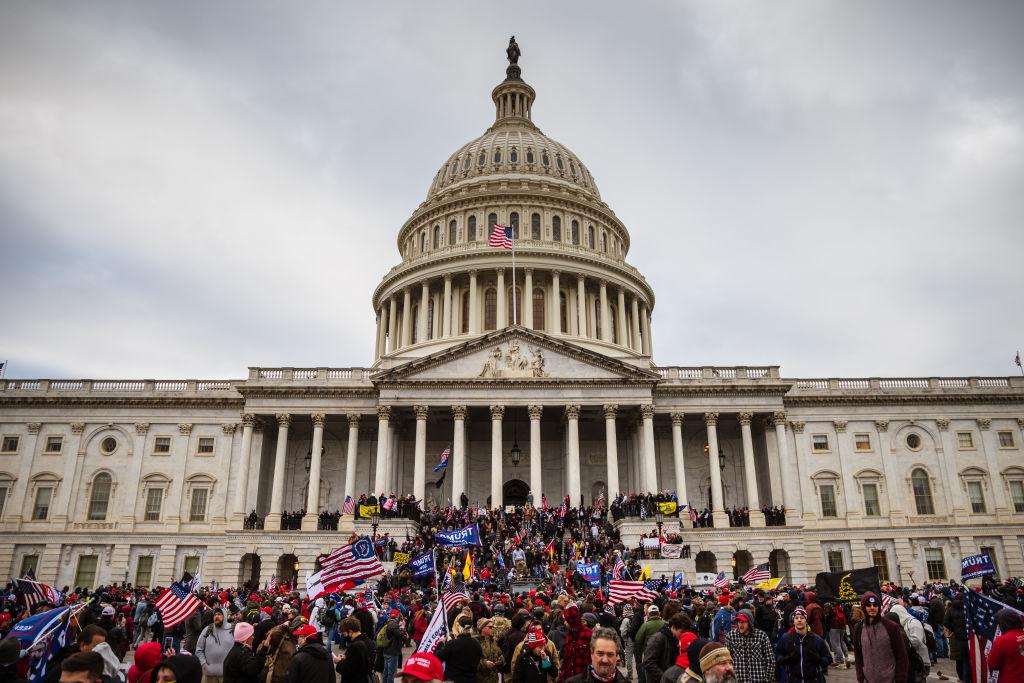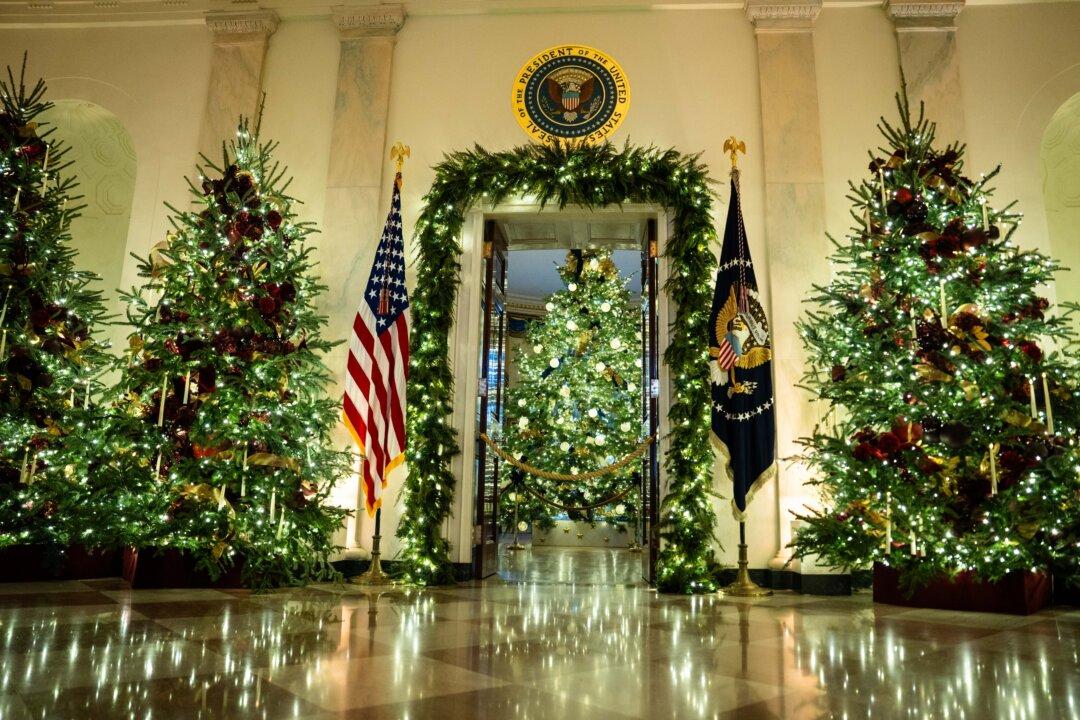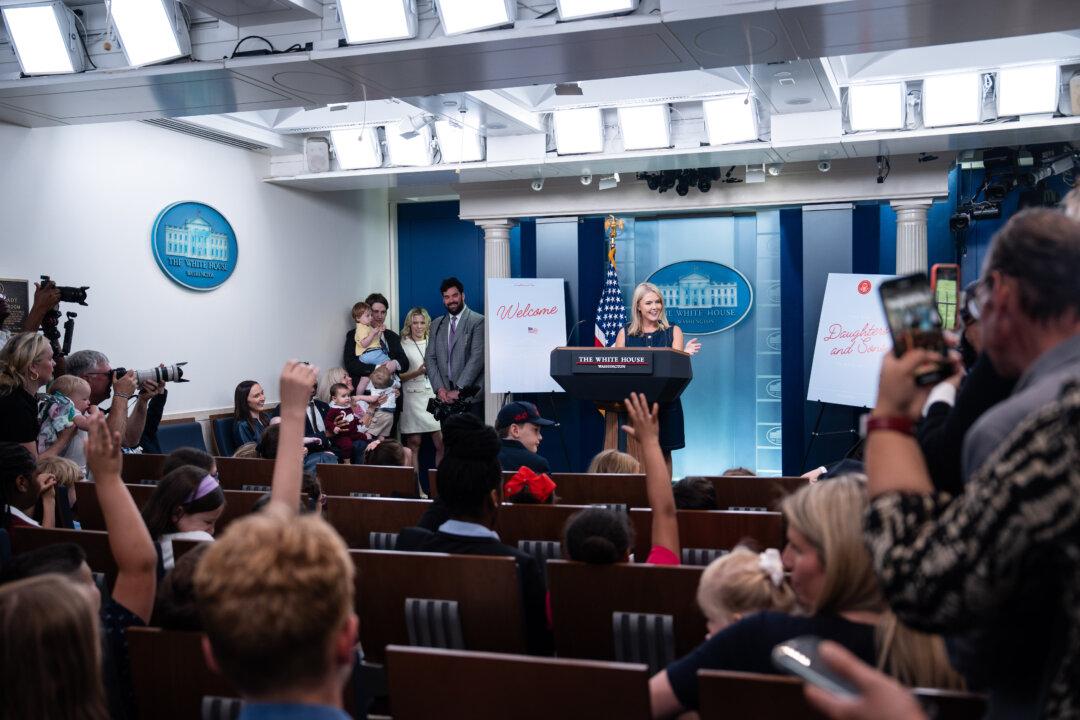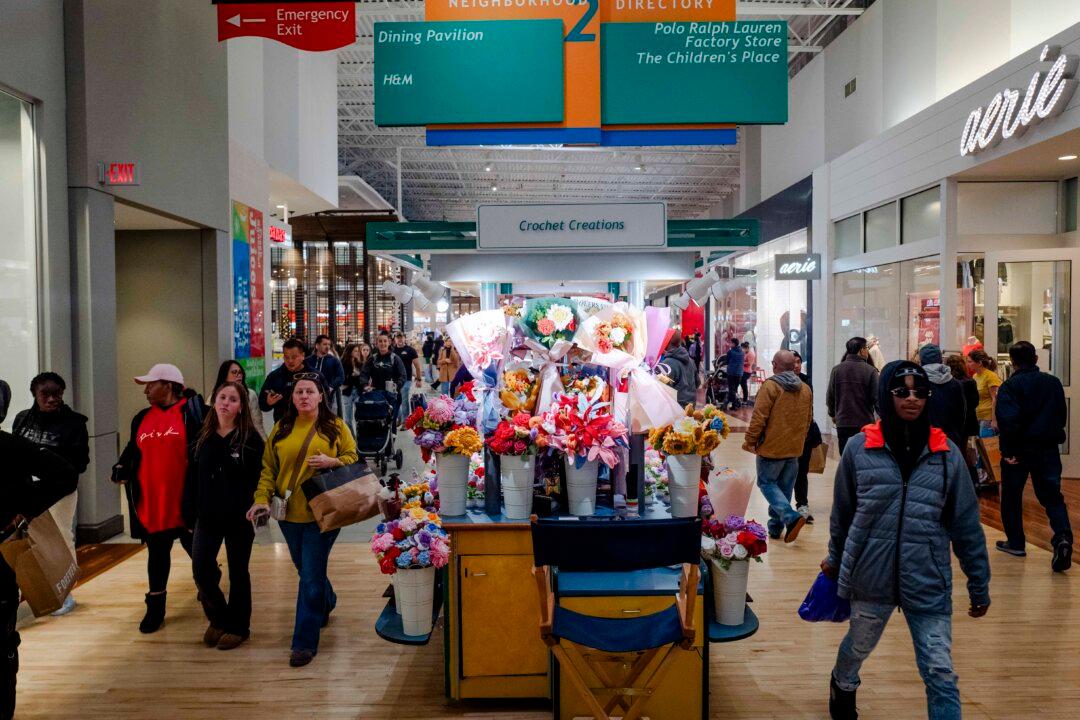WASHINGTON—A former U.S. Capitol Police Officer testified during the Oath Keepers trial on Oct. 25 that no protesters tried to help him on January 6.
Ryan Salke, now a deputy sheriff in New Hanover County, North Carolina, joined the U.S. Capitol Police in 2018 and took two intensive classes on how to do his job at the Capitol. He served nine years in the Marines.





